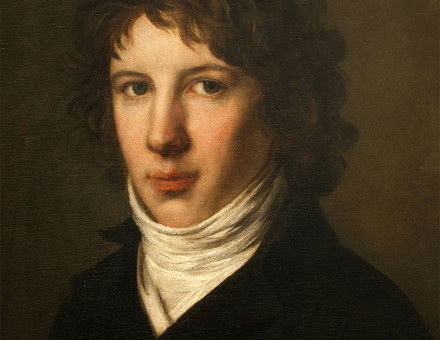Henry Dundas: Harry the Ninth
A manager of men and a master of contemporary politics, writes Esmond Wright, Dundas was Pitt's energetic colleague “during the most critical years in British history except for 1940”—not a hero, but a vigorous man of affairs who “rendered some service to both his countries.”



